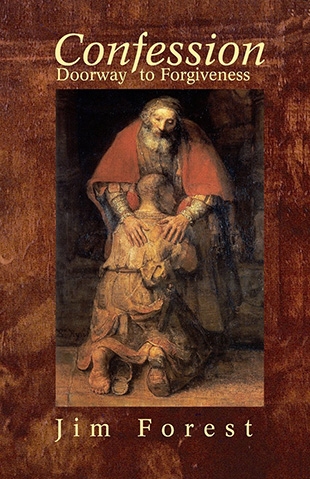"Without confession, love is destroyed.
"It is impossible to imagine a vital marriage or deep friendship without confession and forgiveness. If you have done something that damages a deep, loving relationship, confession is essential to its restoration. For the sake of that bond, you confess what you've done, you apologize, and you promise not to do it again.
"In the context of religious life, confession is what we do to safeguard and renew our relationship with God whenever it is damaged. Confession restores our communion with God.
"The purpose of confession is not to have one's sins dismissed as non-sins but to be forgiven and restored to communion. As the Evangelist John wrote: 'If we confess our sins, he is faithful and just, and will forgive our sins and cleanse us from all unrighteousness' (1 Jn 1:9). The apostle James wrote in a similar vein: 'Therefore confess your sins to one another, and pray for one another, that you may be healed' (Jas 5:16).
"Confession is more than disclosure of sin. It also involves praise of God and profession of faith. Without the second and third elements, the first is pointless. To the extent we deny God, we reduce ourselves to accidental beings on a temporary planet in a random universe expanding into nowhere. To the extent we have a sense of the existence of God, we discover creation confessing God's being and see all beauty as a confession of God. 'The world will be saved by beauty,' Dostoevsky declared. We discover that faith is not so much something we have as something we experience — and we confess that experience much as glass confesses light. The Church calls certain saints 'confessors' because they confessed their faith in periods of persecution even though they did not suffer martyrdom as a result. In dark, fear-ridden times, the faith shone through martyrs and confessors, giving courage to others."
